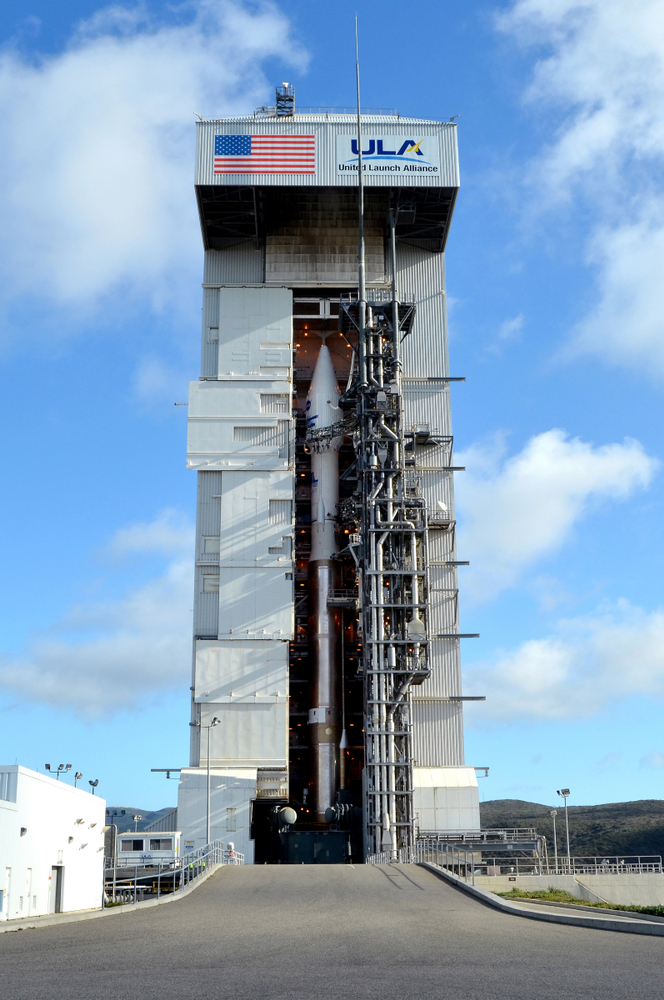
(Corrects paragraph 4 to reflect the location of U.S. Space Command headquarters has not yet been decided.)
Air Force Gen. John Raymond, who was selected in August by President Donald Trump to lead the U.S. Space Command, recently emphasized the need for U.S. superiority in an increasingly crowded, dangerous, and essential domain.
“Space fuels our American way of war. Space fuels the American way of life,” he said. “Your smartphone is pretty stupid without space. We need to articulate what space capabilities do for our nation and we’re doing that every chance we can.”
Raymond spoke to influential members of Congress as well as defense analysts, industry officials, and media at a Mitchell Institute breakfast on Capitol Hill last week.
At the end of August, Secretary of Defense Mark Esper formally established the U.S. Space Command as the country’s 11th unified combatant command. The location of the command’s headquarters has not yet been decided.
During the Capitol Hill event, Raymond said he was hopeful Congress will pass a National Defense Authorization soon.
“We’re planning for a Space Force. We need a Space Force. Our nation needs a Space Force,” Raymond said. “This is a different command built for a different time and a different strategic environment.”
On Tuesday, Vandenberg Air Force Base in Santa Barbara County, Calif., held an hour-long ceremony formally establishing the Combined Force Space Component Command, which will be led by Maj. Gen. Stephen Whiting. It will have branches at three other military installations and will serve directly under the recently established U.S. Space Command. Its mission is to “plan, integrate, conduct, and assess global space operations in order to deliver combat relevant space capabilities to combatant commanders, coalition partners, the joint force, and the nation.”
The establishment of the Combined Force Space Component Command is unrelated to the U.S. Space Force that has been proposed by President Donald Trump as the nation’s sixth military branch.
The National Defense Strategy identifies the defense of space as a critical national security imperative.
Steps to achieve this goal include space-specific training, refining and improving information and communication, and working closely with industry so that innovations can be used sooner.
The four primary goals of the new command can be described by “the four Ds,” Raymond said. They include deterring aggression, defending space capabilities, delivering those capabilities, and developing ready and lethal space forces.




